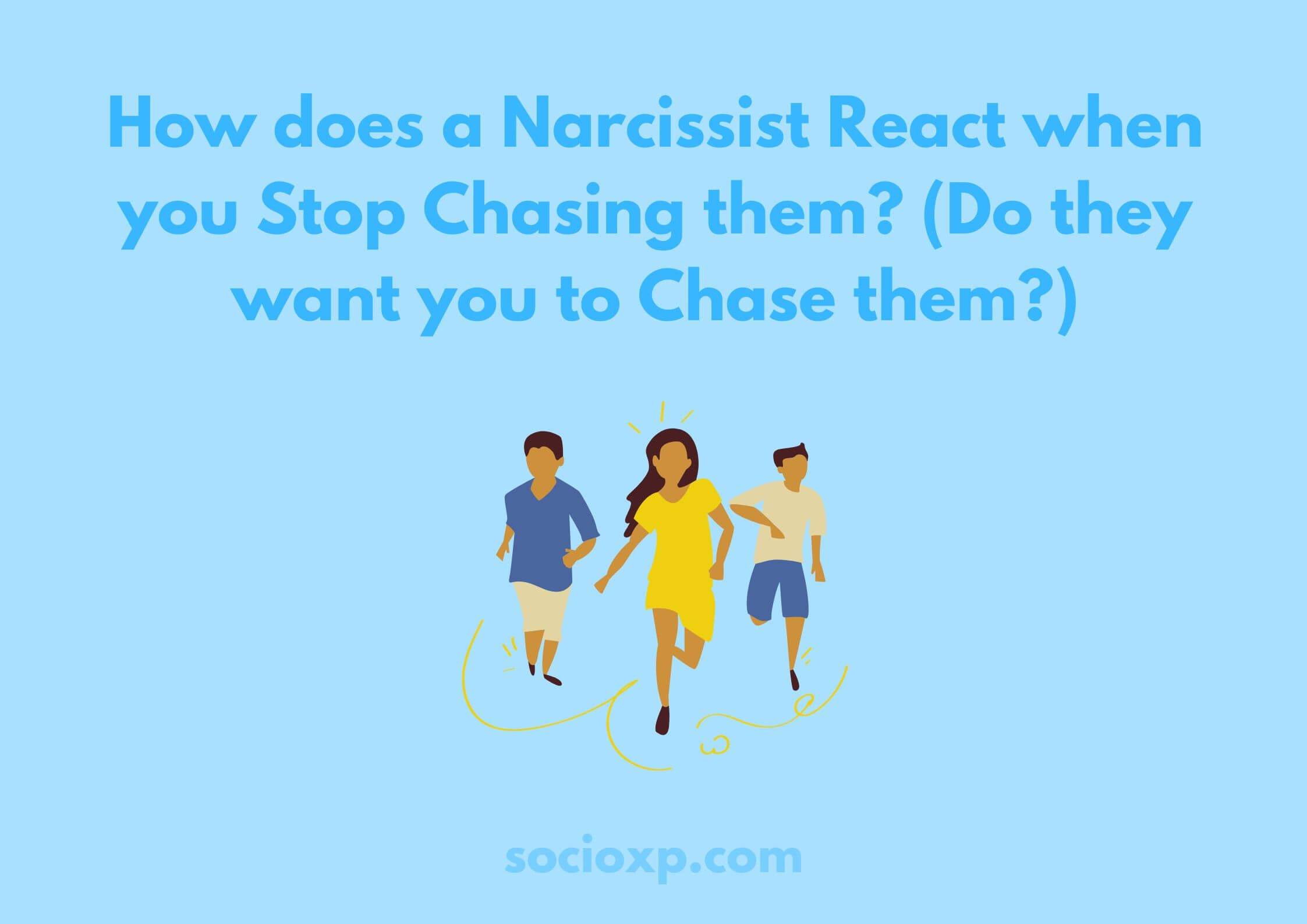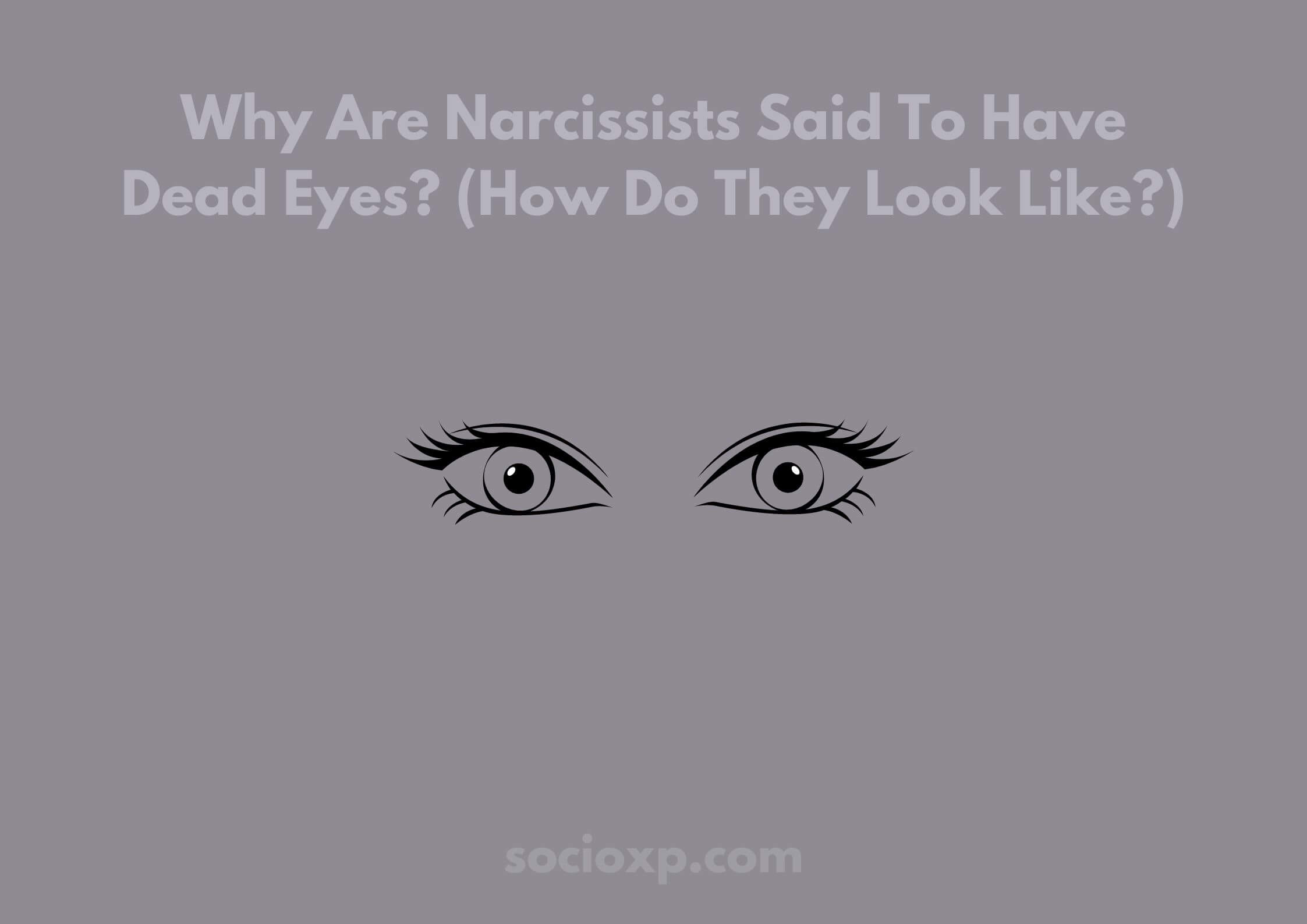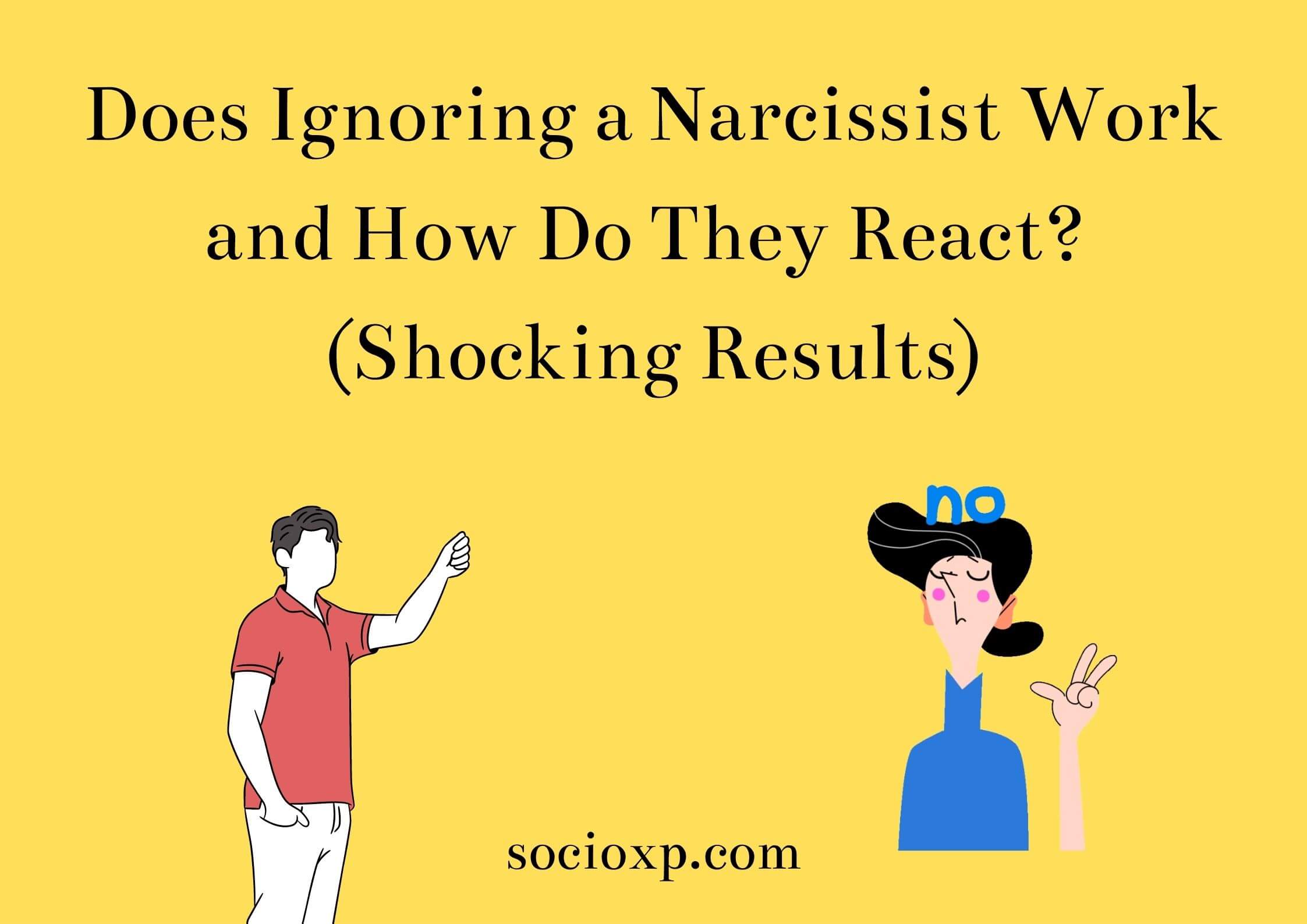15 Symptoms Of Complex PTSD From Narcissistic Abuse
What is Complex PTSD that can happen from narcissistic abuse? This article discusses the details of Complex PTSD along with 15 Symptoms of Complex PTSD from Narcissistic Abuse.
Some traumatic events and people can have a negative impact on your mental health. After you leave a narcissistic partner or just get away from the narcissist of your life, you may face post-relationship trauma.
Victims of PTSD (Post-traumatic Stress Disorder) might not even realize what they are going through, until they read it, or discuss it with someone. So how it is different from C-PTSD?

What is Post-traumatic Stress Disorder (PTSD)?
Post-traumatic Stress Disorder generally referred to as PTSD; is a mental health condition that can occur in people who have witnessed, experienced, or played any role in any traumatic event. PTSD can be caused by a single traumatic event.
Examples of PTSD events,
- Any kind of Physical or Sexual Assault by a loved one, or by anyone
- Facing a natural disaster
- Bearing and accepting the death of a loved one
- Chronic Illness or a Life-threatening mental or physical health condition
- Domestic Violence
- Child Abuse
- Mental, physical, and emotional abuse
- Traffic accidents
- War
- Constant threats or dangers
- Heredity or a family history of anxiety attacks or depression
What is Complex PTSD?
When traumatic events take place in a loop one after the other causing repeated trauma, then such a continuity of traumatic events can cause Complex Post-traumatic Stress Disorder (C-PTSD).
Examples of Complex PTSD,
- Being part of torturous events like being kidnapped against their will
- Being a part of constant violence or abuse, like being forced to be a part of prostitution
- Domestic violence and abuse
- Childhood neglect
- Overexposure to negative emotional situations
How Complex PTSD is different?
C-PTSD and PTSD both can occur to the victims of Narcissistic abuse but C-PTSD is more likely to occur widely in victims of Narcissistic abuse as narcissistic abuse is not a single-time event, and it is a series of abuse that occurs in a loop. Narcissists keep on repeating their manipulation, and the victims either accept it or keep turning a blind eye to those traumatic events.
Eventually, the victims either get completely trapped in the narcissist’s manipulative net or just cease to get into any relationships, as they feel every relationship may get troublesome. The victims either do not understand and identify that they are dating a narcissist and keep on suffering at their hands, or just acknowledge it after a long period when they might have been completely drained and brainwashed.

15 Symptoms Of Complex PTSD From Narcissistic Abuse
Here are 15 symptoms of Complex PTSD From Narcissistic Abuse,
1. Hypersensitivity
Hypersensitivity refers to extreme physical or emotional sensitivity to a substance or condition. Hypersensitivity is a tendency to get easily hurt, offended, or worried. Your body may produce a hypersensitive reaction when it recognizes negativity.
The Narcissist’s manipulative behavior like gaslighting, rage, or lovebombing might harm your mental health. Thus whenever you face certain similar situations, your mind is triggered and your reaction can be hypersensitive.
Hypersensitive reactions can include,
- Obsessive Compulsive Disorder
- Being on edge
- Overthinking
- Feeling unsafe constantly
- Panic Attacks
- Anxiety
- Overwhelming reactions to trivial situations
- Being extra emotional;
- Being nervous around people
2. Nightmares
Narcissistic partners can be so painful for your mental and emotional health, that you may also go through nightmares after parting ways with them. Negative situations and people have such a deep impact on you so much so that the mere thought of their existence out there and their actions may leave you sleep-deprived or may not allow you to have a sound sleep.
Now nightmares can have different forms for different individuals. Some people, may have flashbacks of the traumatic events that might have happened due to their abusive partner, or some people may still be processing all the trauma collectively as there was no release and much more.
Trauma can have different pathways to be released as negativity needs a way through which it can dispel and allow positive and healthy thoughts to be born.
Thus having nightmares can be a way for your brain to release all the traumatic memories and make way for something positive.

3. Shame and low self-worth
Narcissists have mastered the art of blameshifting and thus they can make their partners feel guilty and shameful and destroy their self-worth. Narcissists would erode their victim’s confidence by isolating them, and projecting their insecurities onto them.
When someone has crappy feelings about themselves they may have constant guilt piling up within them making them unhappy and dissatisfied with themselves.
Narcissists have hidden deep dark insecurities that they may project on you in the form of devaluing and belittling you. This is part of their narcissistic abuse.
Thus due to their constant devaluing statements and no respect, the partner’s narcissistic abuse starts feeling worthless, shameful, and guilty for things they might not even have done.
4. Disassociation with yourself
The constant pain, sadness, negative reactions, negative comments, uncommon criticism, banter, and the negative aura of the narcissist may force you to disassociate from your feelings, thoughts, memories, sense of self, and individuality.
A person may withdraw from their emotions as they may develop disengagement with self as a form of a defense mechanism to minimize pain from the narcissistic abuse. A person may numb themselves through substance abuse, medications, or addictions. Disassociating with yourself acts as an escape from feeling all that pain that the narcissist may have made you suffer through.
5. Hopelessness
All the pain, anger, isolation, and feelings of loneliness that may have pent up due to complex PTSD from narcissistic abuse can often lead to hopelessness and negative thoughts that may include suicide or self-harm.
The post-traumatic situations may make you hopeless as you may give up on love, positivity, self-care, and being with someone. You may be worried and afraid to be with someone.
Thus victims of narcissistic abuse might feel that they are unlovable, and not worthy of any support, happiness, praise, or any such positive reinforcement making them feel hopeless.
But remember that there is a greater power that helps you save yourself from such abuse by making you realize their negativity. So when you have hopeless thoughts, just remember all the things that you have and are grateful for.
6. Avoidance
Avoiding crowded places, meeting new people, or visiting places that may remind you of narcissistic abuse can all be a part of the symptoms of Complex PTSD that occurs due to narcissistic abuse.
Such people may be mentally and emotionally disturbed whenever the topic of abuse or their abusive narcissistic partner comes up. Avoidance can build in the form of a sense of detachment from everything and everyone.
This means the people and things that used to amaze you while you were associated with your narcissistic partner, no longer amaze you. In fact, those things bring you pain and thus you avoid them. This is a form of avoidance.

7. Panic
One of the most diabolical symptoms of Complex PTSD is feeling panicked in challenging situations. If you suffer from complex PTSD, you may start experiencing panic attacks where you may fall short of breathing, feel stressed about trivial situations, feel trapped in your thoughts, and have difficulty functioning smoothly in difficult situations.
A feeling of panic may bring intense feelings of feeling caged, overstressed about situations, having massive emotional outbreaks, and feeling confined in your made-up problems due to overthinking.
8. Physical Ailments
This happens to a lot of people due to their unhealthy mental health, they may be trapped in a series of physical ailments due to feelings of stress, depression, and sadness.
When a person is not happy their health might start deteriorating immediately.
By being with the narcissist their victims may face many issues related to their digestive system, leading to stomach ulcers, gastronomical disorders, irritable bowel syndrome, and much more.
Some examples of physical ailments include Nausea, Fatigue, Headache, Vertigo, Dizziness, Chest pain, or Insomnia.
9. Confusion
Making simple decisions may also seem like a task when you suffer from complex PTSD. Now making decisions can generally be difficult for some people, but sufferers of PTSD may find making the simplest of decision-making challenging.
They have constant self-doubt, inability to trust people, distrust for people they already know, and also trust themselves. Your mind gets tangled and confused due to the narcissist’s mind games, so do not blame yourself.
All you need is healing and self-trust to rebuild yourself after suffering through mental and emotional abuse.
10. Irregular sleeping patterns or insomnia
When your mind is always in a depressed state and overthinking getting a night of proper sleep is next to impossible. When you suffer from complex PTSD your sleep patterns may get disrupted or you may also get no sleep.
Narcissistic relationships may infiltrate a victim’s life so much that they have a disturbed sleep cycle as the flashes from the past may not allow them to sleep and put them into deep thought.
A disturbed sleep schedule may thus lead to depression or other mental health-related illnesses. Improper or a lack of sleep can cause many physical health issues too.
Victims of complex PTSD may spend their days in a fatigue slump due to improper sleep schedules or no sleep at all. You may also have nightmares that may wake you up from mid-sleep. Your productivity may decrease as you are tired from the lack of sleep.
Narcissistic relationships can disrupt the sleep cycle and sleep patterns of their victims. It may also lead to insomnia, nightmares, or dark flashes from the past.

11. Trust issues
Being able to sustain healthy relationships after being a part of narcissistic abuse can be difficult as narcissists can easily shatter your concept of trust, reliance, and assurance.
Many victims of narcissistic abuse choose to,
- Avoid being into new relationships altogether as their trust is broken multiple times.
- They may again end up in an abusive relationship due to the pattern of thoughts and not trusting their instincts. They may go through the same shitty relationship but with different people.
Being with a narcissist may leave their victims having trust issues, as narcissists may destroy their trust completely. Infidelity and Narcissism go hand in hand and this may leave their victims feeling distrust.
12. Unsettled and Uncertain Emotions
People who suffer from post narcissistic abuse may realize that their emotions are all over the place. They may be feeling healed and better than ever only to go cry in a corner and be sad for the rest of the day.
You may also not be able to have stable relationships with other people as you may be going through a roller coaster of emotions for a certain period. The victims of complex PTSD may have unstable emotions due to which they may be quick to rage episodes, have stressful days, and be unable to feel emotions fully.
13. Self-blame
The victims of narcissistic abuse would always blame themselves as they have been gaslighted into believing that they are the root cause of relationship issues with the narcissist.
Narcissists choose victims who are kind, trustworthy, and would never withdraw affection even in worst-case scenarios. Narcissists build a trauma bond they may not allow you to leave the relationship and also take the blame for whatever has been going wrong.
14. Flashbacks
Narcissistic abuse may leave the victims with traumatic intrusive memories and flashbacks from the toxic past. These thoughts may trigger stress and sadness thus leading to lifelong distress for their victims.
15. Feeling stuck
Do not get disheartened when you feel stuck due to your abusive past. Narcissistic relationships can often lead people to feel confused and stuck. But here, looking at the positive side would help you out. The positive side is you can escape the abuse finally.
Victims of Narcissistic abuse often find it impossible to heal and move on in life, as they are deeply hurt emotionally.
How to cope with Complex PTSD?
Treatments for healing Complex PTSD may include finding a professional therapist or trauma-trained healer. PTSD is mainly related to coping with emotional abuse and overcoming loneliness.
Deaddiction to any substance abuse if any, and acknowledgment of what a healthy relationship may look like. As a narcissistic relationship can destroy the concept of a healthy, loving, and supportive relationship for the victims, they may entirely lose hope and may not be willing to give it a try to relationship anymore. So acknowledgment and differentiation between healthy and unhealthy behavior may help a lot.
The best way you can cope with narcissistic abuse is by believing in yourself, gaining your self-confidence back, and having faith in yourself. Professionals would be helping you, but to completely cope with Complex PTSD, one must believe in themselves as only you can help yourself to overcome tough times. People can help, be supportive, and always bring you back home, but the person who would be responsible for healing the trauma is the person yourself.
So take your time, build hope and faith in yourself, and do not think you are alone as everyone is there to support you including your family, friends, and well-wishers.
Some tips that may help cope with narcissistic abuse may include,
- Learning about your truths and conducts, while keeping aside all the falses that you have created, and acknowledging them can be the initial step.
- Look after your physical health with the help of exercises, yoga, meditation, and any form of physical workout.
- Look after your mental health with the help of meditation, reading good books, seeking help from your loved ones, listening to music, and doing more things that keep your interest at its peak.
- Try connecting more with nature by hiking, swimming, jogging in the fresh air, and any possible means that can get you closure to nature.
- Give appropriate time to yourself to heal internally; do not force healing upon yourself.
- Find things that keep you away from negative thoughts, negative people, and a negative atmosphere.
- Learning new skills, meeting new people, and visiting new places also play a crucial role in freeing yourself from narcissistic characteristics and negative emotions.

Why is Emotional and Mental Healing important?
- Emotional and Mental healing is important for stabilizing the beneficial behavior for the emotional and mental well-being of society.
- It can enhance mental stability, productivity, and confidence and improve relationships.
- Helps to cope with stress.
- It increases work productivity.
- It helps in maintaining healthy relationships.
- It helps in maintaining balance in life.
- It enhances self-esteem, self-worth, and positivity in life.
- It helps eradicate stress, depression, and negativity from life.
Emotional, Mental, and physical Healing becomes very important when you depart ways with a narcissist. A narcissistic relationship tends to deteriorate your mental, physical, and emotional health along with decreasing your confidence, willpower to live, and the simple joys of life.
Final Thoughts
The narcissistic cycle of abuse leaves the person experiencing emptiness, deep scars, and a long-lost connection with the world. Narcissists have a very negative impact on their partners and thus their partners find it hard to recognize genuine feelings once they are out of the toxic narcissistic cycle of abuse.
Thus narcissistic abuse can lead to many negative and destructive results for the victims and PTSD is one of those life-changing conditions that may affect you negatively. Do not get disheartened here, as there are ways to cope with PTSD and that starts with having hope for a better life and future.
The best way you can cope with narcissistic abuse is by believing in yourself, gaining your self-confidence back, and having faith in yourself. Definitely, professionals would be helping you, but to completely cope with PTSD, one must believe in themselves as only you can help yourself to overcome tough times. People can help, be supportive, and always bring you back home, but the person who would be responsible for healing the trauma is the person yourself.
- How To Make A Narcissist Discard You And Leave You Alone? - March 21, 2024
- Narcissistic Supply: 9 Signs You May Be Someone’s Narcissistic Supply - March 11, 2024
- Narcissistic Abuse And Anxiety – 11 Symptoms of Narcissistic abuse-induced anxiety - March 9, 2024


